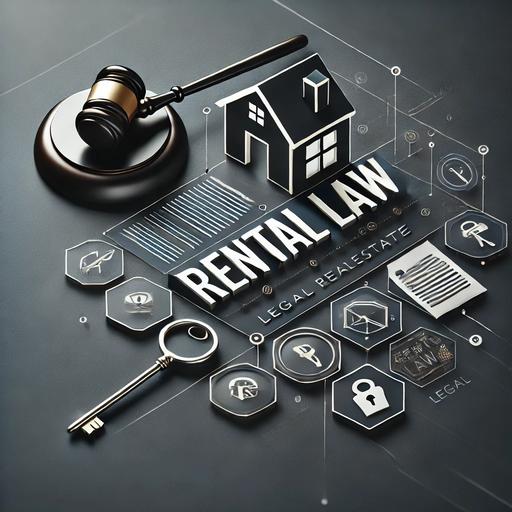Tenant Rights: Steps to Take When Facing Issues with Your Landlord
Tenants possess specific rights throughout the duration of their lease agreement. In instances where these rights are violated, there are established legal avenues to address such issues. This article outlines the fundamental rights of tenants, the steps to take when encountering problems with a landlord, and considerations based on judicial precedents.
Fundamental Rights of Tenants
Inviolability of the Dwelling: A landlord is prohibited from entering the rented property without the tenant's consent. Unauthorized entry constitutes a violation of the tenant's right to privacy and may have legal consequences.
Determination and Increase of Rent: Rent increases must adhere to legal limits. Landlords do not have the authority to arbitrarily raise rent beyond these established boundaries.
Right to Use the Rented Property: Tenants are entitled to use the rented property in accordance with the terms of the lease agreement. Landlords cannot obstruct or restrict this right without valid legal grounds.
Steps to Take When Facing Issues with Your Landlord
Identify and Document the Issue: Clearly define the problem and, if possible, document it through photographs, videos, or written records. This documentation can serve as evidence in potential legal proceedings.
Communicate with the Landlord: Address the issue with your landlord in writing, requesting a resolution. Written communication provides a record that can be referenced if the problem persists.
Send a Formal Notice: If the landlord fails to address the issue, send a formal notice through a legal channel, such as a notary, requesting remediation.
Pursue Legal Action: Should the problem remain unresolved, you may file a lawsuit in the appropriate court. For instance, unauthorized entry by the landlord can be grounds for a legal complaint based on the violation of dwelling inviolability.
Considerations Based on Judicial Precedents
Unauthorized Renovations and Eviction: Courts have ruled that tenants conducting unauthorized renovations may provide landlords with valid grounds for eviction. Therefore, tenants should obtain written consent from landlords before undertaking any modifications to the property.
Validity of Eviction Notices: Judicial decisions have upheld that even if an eviction notice is signed in blank and later completed by the landlord, it remains valid. Tenants should exercise caution when signing such documents and ensure all details are accurately filled in at the time of signing.
Frequently Asked Questions
Question: Can my landlord enter the property without my permission?
Answer: No, your landlord cannot enter the property without your consent. Such actions violate your right to privacy and may have legal repercussions.
Question: What should I do if my landlord increases the rent beyond legal limits?
Answer: If your landlord imposes a rent increase exceeding legal limits, you can file a lawsuit in the appropriate court to determine the correct rent amount. Judicial precedents often favor tenants in such disputes.
Question: Can unauthorized renovations lead to eviction?
Answer: Yes, conducting renovations without the landlord's consent can be grounds for eviction. It is essential to obtain written approval from your landlord before making any changes to the property.
Conclusion
By understanding and asserting their legal rights, tenants can effectively address issues with landlords. Judicial precedents provide valuable guidance in these matters. In cases of disputes, seeking legal counsel is advisable to navigate the complexities of tenant-landlord relationships.
